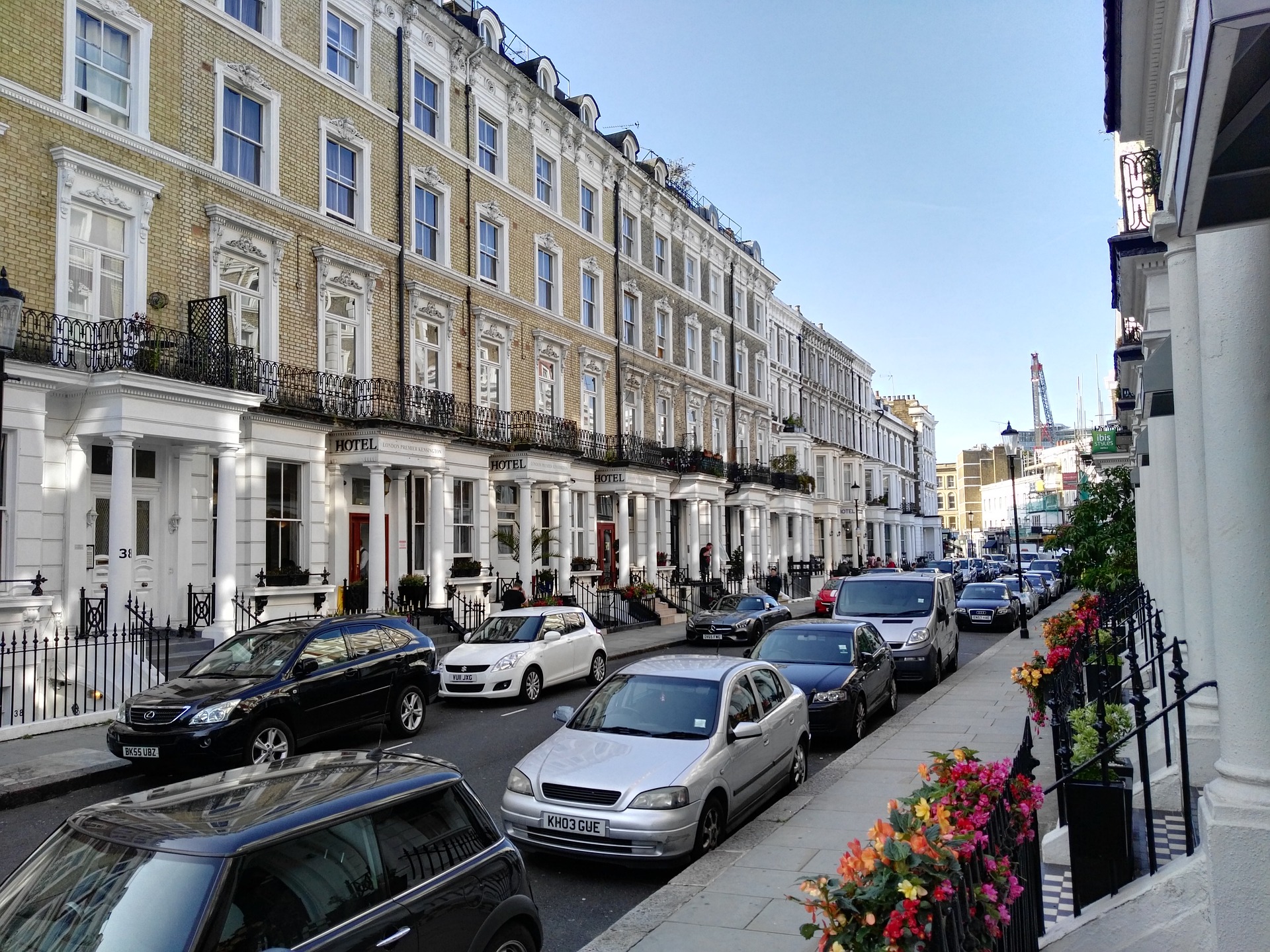What London’s falling population means for the housing price
The population of London is declining for the first time in the last three decades. The major cause of this decrease in population is Corona Virus. When the virus broke out in London, it is believed that about 700,000 of immigrants and people not originally born in London left the city. This was as per the estimate of ESCoE (Economic Statistic Center of Excellence).
The decline in population is affecting the property market because the overall population of London decreased by 8%. Less population meant less demand for houses. As a result, the rental prices of houses in the in the area have fallen significantly. Apparently, lockdowns and restrictions imposed on people’s movement have not helped either. In fact, the number of property sales in the central and prime parts of London have decreased as a result.
Even with the decline, however, the real estate experts have not lost all faith. As more people get the vaccine, many economic experts are certain that foreigners and immigrants will move back into the city once all the shops and businesses are up and running again. Others, however, are not so optimistic. Some claim that other factors like Brexit or underlying economic conditions might result in the slump in demand of London property to extend beyond the Corona pandemic era.
Here are some things that London may experience when dealing with the effects of the dip in the property market:
Decrease in the price of rentals
When shops and businesses closed down in lockdown, many people living in London lost their jobs. This is one of the main reasons why foreigners who were not born in London left the capital in search of jobs in other towns or countries. Recent developments, however, have seen some of the people who had previously left come back into the city claiming that home is always the best. For instance, Martinez said that bills needed to be paid, even if it meant moving to a different country. She confirmed that one of her friends had left London in search of better opportunities.
The average rent collected in London after people moved out of the capital fell by 6.9%. In places like Chelsea and Kensington, the average rent decreased by 10.2%. The consequence of the drop in average rent was that property owners had to lower the rental prices to retain as many tenants as possible. With the lowered rent, some tenants opted to stay since life would be a bit bearable with the cuts in costs. A one-bedroom flat in Piccadilly Circus, for example, decreased its asking price by almost 45% to about 1,950 Euros per month.
Slight increase in property prices
Since the first lockdown was lifted, the prices of houses in London has gone up especially in the outskirts of the capital. Another thing that contributed to increase in house prices is the stamp duty holiday issued by the government. The tax holiday helps buyers save up to 15000 Euros by waiving the charge on the first 500000 Euros paid for any purchase of a home. The tax holiday will last until 31 March.
Hamptons International, one of the agencies of the state, estimates that the people who moved out of London bought about 73,950 homes outside the capital in 2020. This is not only the highest number of purchases since 2016 but also the most proportion of sales outside London since before the financial crisis era.
London attracts back those who left
Some more optimistic residents believe that the economic effects will pass and London will soon be back to its thriving self. To prove this, some residents like Anita have bought a home in Central London. She claims that she invested in London because she is skeptical of the trend of working from home. She believes that London will get its vibe back.
Other residents who moved out of London claim that living in other parts of the world made them experience culture shock, which prompted them to miss home. Some people have moved back partially to the capital by renting an apartment there while also renting in other areas outside London.
Slow growth of property prices in future
Once the tax holiday period ends, on 31 March, experts claim that London will be inactive. With no incentive to buy property, the demand of property may decrease again, which will cause the prices to stagnate. The period of slow growth in prices will extend as house and properties’ prices in regions outside London increase and catch up.

